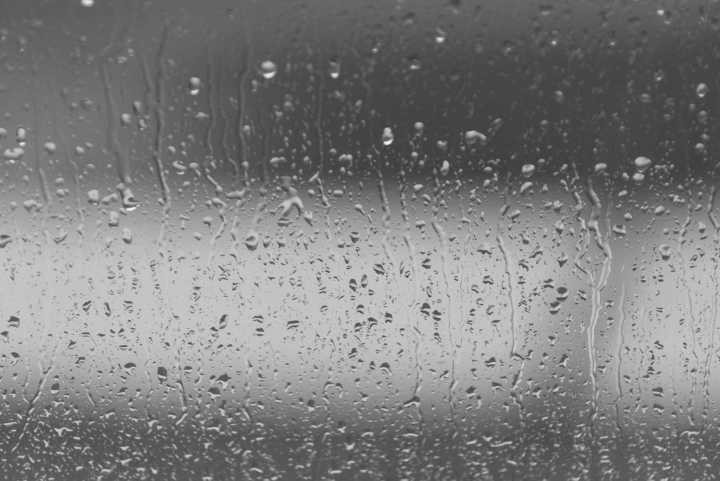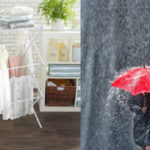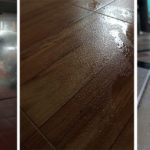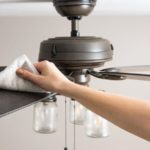Rainy season is a typical weather phenomenon of the northeastern region of Vietnam, occurring when the humidity rises to 90%, causing water vapor in the air to condense and accumulate on the surface of objects.
During these days, the floor becomes damp, and clothes, blankets may smell unpleasant, significantly affecting your family’s life.
However, with simple yet effective tips, you can easily cope with the rainy season.
Always keep the doors closed
In the rainy weather, the damp floor combined with the stuffy air makes many people tend to open windows and main doors to let in some wind, hoping to make the house more ventilated and expecting the wind to dry the floor. However, this is a harmful mistake since the gusts of wind carrying high humidity only make your living space even more damp. It is best to limit the opening of doors, turn on the air conditioner, and also avoid turning on the fan to keep the house dry.
Use the dry mode on the air conditioner
One of the best methods to prevent dampness for the floor and keep it dry and clean is to use the dry mode on the air conditioner. The air conditioner in the dry mode will dehumidify the air, ensure good air circulation, and maintain the health of your family members, especially if you have young children in the house.
Use a dehumidifier
For small puddles, you can use a cloth to wipe them. The water will absorb into the cloth’s surface, helping the floor to dry faster. However, you cannot use this method for large and spread-out puddles. Therefore, you need a dehumidifier to thoroughly suck the excess water from these areas.
Even when you don’t see any water on the floor, you should still use the dehumidifier to suck up any hidden water in gaps or joints. Keep running the dehumidifier on the floor until there is no water visible in the vacuum container to complete the process.
Use moisture-absorbing materials
Materials with good moisture-absorbing ability that we can easily find such as charcoal, lime, or moisture-absorbing beads… Place these materials on tables, chairs, and the floor to make the surrounding environment of our belongings drier and reduce the moisture in the house.
However, using charcoal and lime may be unhygienic and unsafe when inhaling lime powder. Therefore, we should purchase and use moisture-absorbing bags with silica gel inside the house, which are safer and more convenient.
Use scented essential oils

To avoid the musty smell caused by the rainy season, you can use scented essential oils in the corners of your house. It is advisable to use light scents such as lavender or citrus to have the most pleasant fragrance in your home.
You can also light scented candles in the middle of the living room. Burning candles will absorb the musty smell, dampness, and even the smell of cigarette smoke in the room.
Regularly clean the house with a dry cloth
During the rainy days, you should frequently wipe the house with a dry cloth, and it is advisable to limit cleaning with water as it will make your house even more damp. If you must clean, use a cotton cloth and wring it thoroughly, then immediately rewipe with a dry cloth to keep it clean and dry.
Mistakes families often make when trying to prevent dampness

Dampness is unpleasant and severely affects daily life. Therefore, everyone tries to find ways to prevent dampness. However, the more they try to prevent it, the more dampness they encounter due to some common mistakes:
Leaving doors wide open and opening many windows
Closing the house tightly and turning on the fan to dry it
Actively mopping the floor with water.
According to GD&TĐ





































